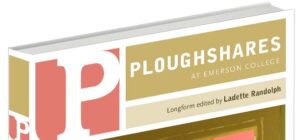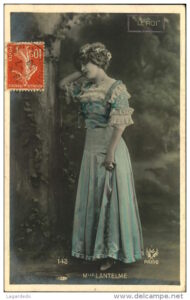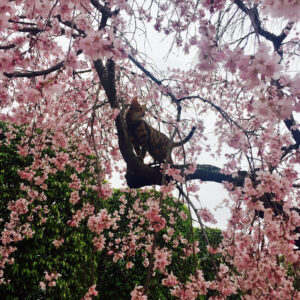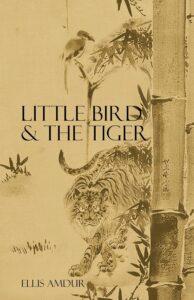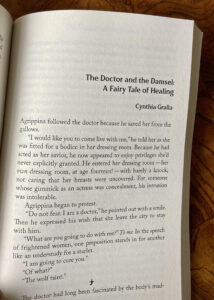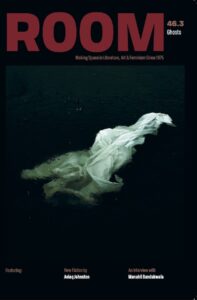I was extraordinarily surprised to learn that one of my essays has been selected for the Best Canadian Essays 2026 anthology! The collection will be published this November by Biblioasis Publishing, one of Canada’s most prestigious small presses and publisher of Best Canadian Stories and Best Canadian Poetry as well. Many thanks to the editors of Prairie Fire, the literary magazine in which “I’m Childless, Not Kinshipless” first appeared.


